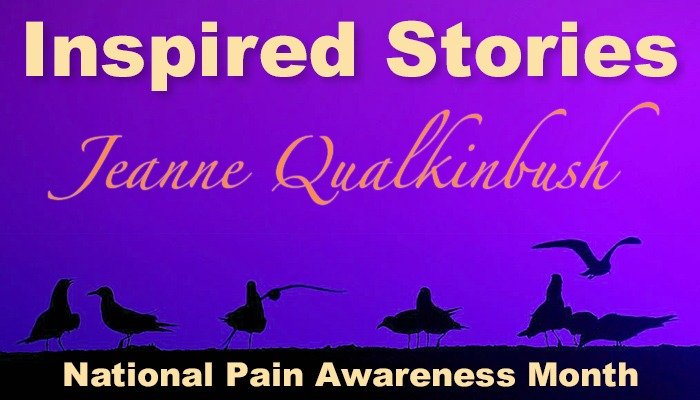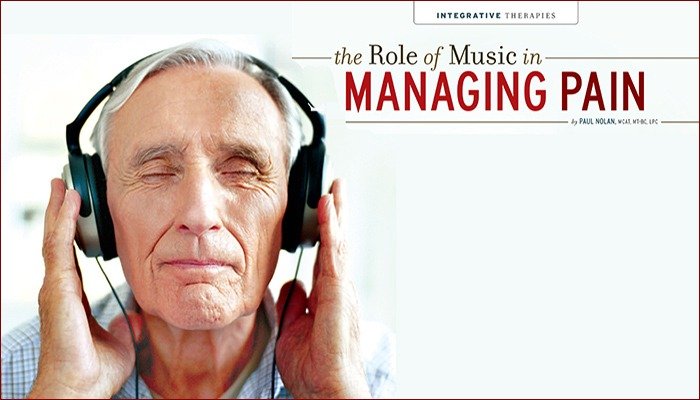How-To Guide for Difficult Medical Decisions

When you’re sick with something simple, like a cold, it’s easy to consult your doctor and get some objective feedback. But what about when a medical issue isn’t so straightforward? What about when it’s much more serious, like cancer, and there are countless subjective treatment options being presented to you?
A Method for Making Difficult Medical Decisions
Fortunately, Dr. Jerome Groopman and Dr. Pamela Hartzband recognize the difficulty that comes with many medical decisions. They understand there is an influx of medical information, from conflicting studies to alternative healing options. Furthermore, they understand each person has different values and parameters that guide their medical decision processes, or, as Dr.’s Groopman and Hartzband put it, a unique ‘medical mind’.
To address this dilemma, they wrote Your Medical Mind, a book that discusses the
Dr. Jerome Groopman and Dr. Pamela Hartzband are a husband and wife team who work at Harvard Medical School and Beth Israel Deaconess Medical Center. Dr. Groopman is one of the world’s leading researchers in cancer and AIDS. He is also on the writing staff for The New Yorker, and has written several other books, including How Doctors Think (2007). Dr. Hartzband is a noted endocrinologist and educator specializing in disorders of the thyroid, adrenal, and pituitary glands and in women’s health. Her writing has appeared in the New England Journal of Medicine and the ACP Internist.
different ways people make medical decisions. In addition to discussing these varied decision-making processes, they offer real-life medical situations as illustrative examples throughout the book. The goal of the book is that readers will get a better understanding of their own medical minds to ease the process of making difficult medical decisions.
[Related: How-To Guide for Patients and Caregivers]
Some Key Takeaways from Your Medical Mind
Doctors Groopman and Hartzband start their book by explaining that every person has a ‘medical mind’. This means that each person has a certain way that he or she goes about making a medical decision. After establishing this baseline, the authors go on to deliver the following key takeaways:
- Each person’s upbringing and the experiences they continue to face shape his or her medical mind.
- While everybody’s medical mind is unique, there are different general types. These range from minimalist to maximalist, doubter to believer, and natural healing to the latest technology.
- A good doctor might facilitate your decision-making process by challenging your decisions. Your doctor can’t make the decision for you, but he or she should be comfortable speaking up if he/she thinks you should consider something else.
- The way data is presented can spin its meaning. This causes people to perceive it in different ways (Think 98/100 people don’t experience side effects from Drug A, vs. 2/100 people experienced seizures from Drug A). Data that is presented to you, the patient, should be offered in both positive and negative forms. This will make it abundantly clear what you are looking at.
Who Can Benefit from Reading This Book
Your Medical Mind is an excellent read for anyone in difficult medical situation. However, it’s not just an important read for the patient. Doctors, too, can take great meaning from this book to better understand how their patients go about making difficult medical decisions. When everyone is on the same page in terms of values and priorities, it is more likely that the best medical decision for the situation will be the one that is picked.
What Readers Are Saying
“I think this book did a great job of interviewing people in various stages of medical decision-making and using their choices to show the psychology behind it. The book shows you how doctors or drug companies can sometimes push their own agenda regardless of your feelings as well as the hard decisions people make to sometimes go against what their ailing loved one wants. If you ever need to receive treatment for anything in the future, this book will help you realize the psychological aspect of your decision and may help you make the right one.”
“As a scientist I always questioned using medications, and tried to avoid falling for drug companies’ promotions. This book showed me clearly with data and statistics, when and how to take medicine when needed or recommended. The book is written for any type of reader who is interested to know more about on how to be intelligent and rational patient.”
“Your Medical Mind is a marvelous read for medical professionals & patients alike…tugging equally at the strings of my heart & brain. I will undoubtedly be having conversations with my family and loved ones, but these will just be the first step in a continued dialog about the very difficult decisions that must be made when thrown into the role of being a patient…a role in which no one wants to be cast.”
Concluding Thoughts
Making difficult medical decisions is a serious matter. The more complex an illness becomes, the less objective the doctor’s advice will be. This is because there are simply too many factors that go into the healing for a doctor to give any more than his educated advice. The rest of the decision-making process falls in the hands of either the patient or the patient’s advocate, in situations where the patient is not physically or mentally able to decide for his or her self (NPR’s review of Your Medical Mind even goes so far as to suggest that “our role as a patient should often feel like a job, even if it’s a frustrating one”). By reading Your Medical Mind, readers are likely to learn more about themselves, in turn making the medical decision-making process a little bit easier.
You can purchase a copy of Your Medical Mind at Barnes and Noble or on Amazon.
PainPathways Magazine
PainPathways is the first, only and ultimate pain magazine. First published in spring 2008, PainPathways is the culmination of the vision of Richard L. Rauck, MD, to provide a shared resource for people living with and caring for others in pain. This quarterly resource not only provides in-depth information on current treatments, therapies and research studies but also connects people who live with pain, both personally and professionally.
View All By PainPathways






